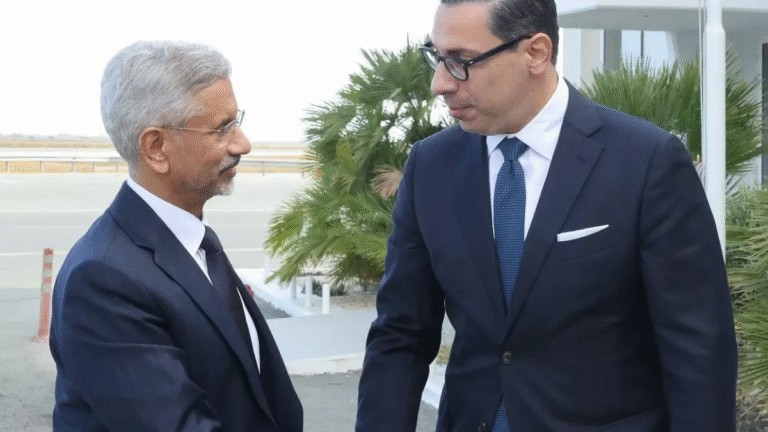
An Israeli airstrike has resulted in the death of Ahmed Ghaleb Nasser al-Rahawi, the prime minister of the Houthi rebel government in Sanaa, Yemen. This significant event took place earlier this week and also claimed the lives of several other high-ranking Houthi ministers, as reported by the Iran-backed Houthi movement.
Al-Rahawi had been leading the Houthi cabinet since 2024. Despite this considerable loss to the group’s leadership, experts suggest that it is unlikely to halt the ongoing missile attacks that the Houthis have been launching against Israel.
Context and Impact
This airstrike is part of a broader escalation of regional tensions, as conflicts intensify in the Middle East. The Houthi movement, which controls large portions of Yemen, continues to be a significant player in regional dynamics, especially due to their backing from Iran.
The Israeli Defense Forces (IDF) have not officially confirmed the strike, but Houthi officials have acknowledged its impact. The airstrike targeted Sanaa, Yemen’s capital, which is currently under Houthi control.
Regional Implications
The killing of the Houthi prime minister marks one of the most direct attacks on the group’s leadership to date. This development contributes to an already volatile situation, with potential consequences both locally within Yemen and on the broader international political landscape.
Key Points Summary:
- Target: Ahmed Ghaleb Nasser al-Rahawi, Houthi prime minister.
- Location: Sanaa, Yemen.
- Outcome: Multiple senior Houthi officials killed.
- Strategic Importance: Unlikely to stop ongoing missile attacks on Israel despite leadership loss.
- Regional Context: Escalation amid Iran-backed Houthi involvement and shifting Middle East dynamics.



